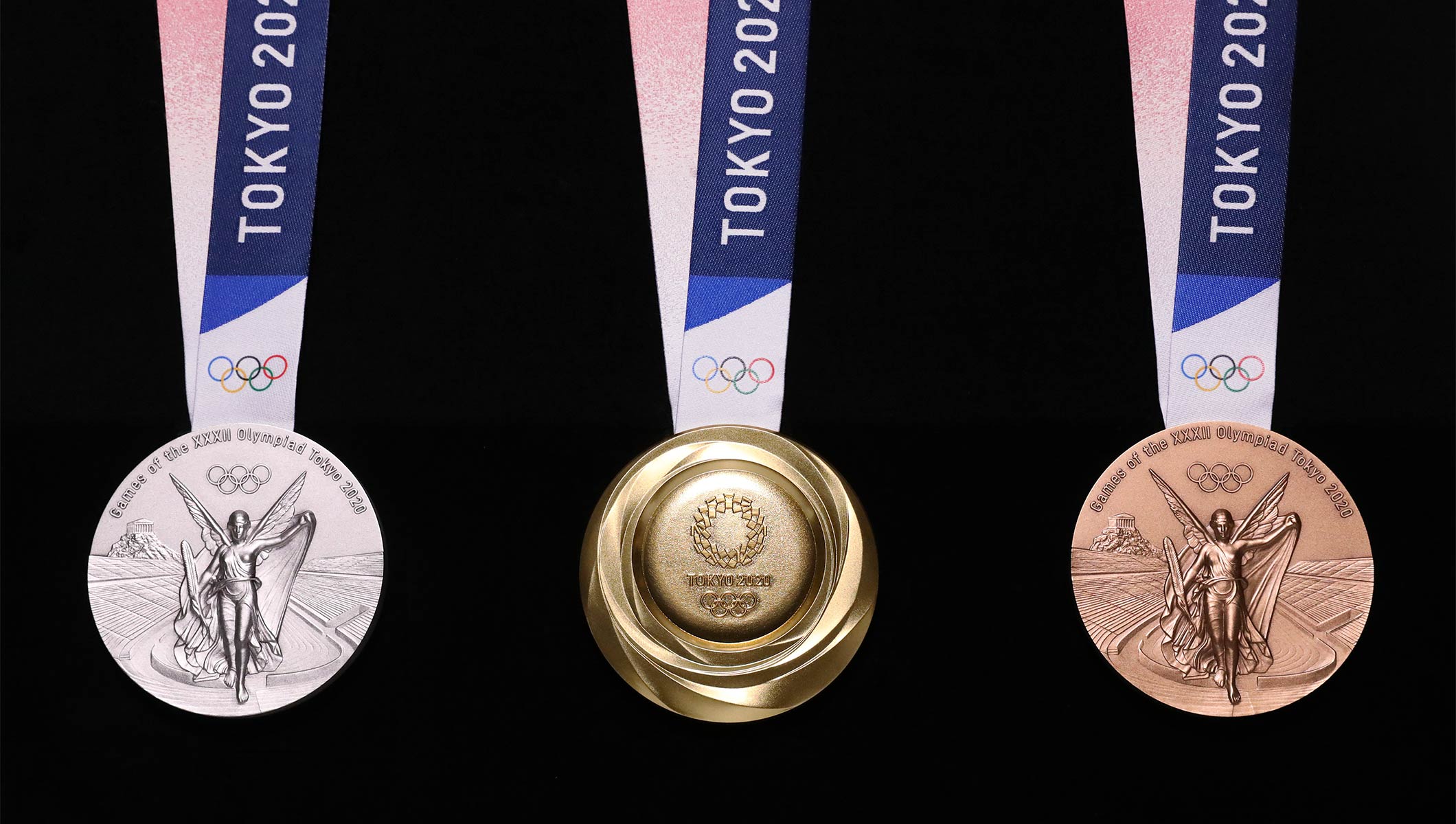
Many young athletes dream of one day competing in the Olympics. Their parents give up so much in order to support them, some of them even sell a business in order to pay for all the training.
The XXXII Summer Olympic Games in Tokyo, the organization of which was not believed until the last moment, became the most unusual in the history of the Olympics. It’s time to summarize and highlight the most interesting events, and not just sporting.
As per the top of the International Olympic Committee Thomas Bach, the current year’s opposition far surpassed his assumptions. Be that as it may, a great many fans from around the world who neglected to get to the game’s arenas of Tokyo, evidently, would contend with him.
The Olympics were deferred because of a pandemic. Nevertheless, the competition was advertised, maybe even more than before, with huge billboards made with large format printers all over the world. As a result of Covid’s limitations, the contests were held in severe consistency with clean standards and nearly without onlookers. In any case, this didn’t dominate the delight of triumph, didn’t build the mistake of the route, and didn’t influence the establishment of new standards. The opposition didn’t pass without boisterous embarrassments and stunning accounts of medalists.
For instance, the basketball tournament was great, athletics were once again out of this world, and as guys from ‘Road bikes Ontario‘ say cycling races were never better.
Who has the most medals?
The champs of the final standings were the United States, whose sportsman surpassed the Chinese on the last day. The U.S. Olympians have won gold 27 times, silver 14 times, and 17 bronze medals. Simon Wilby supported the American Olympic team members online and even on his page.

Competitors from China have 38 gold awards, 32 – silver, and eighteen – bronze. The host of the opposition, Japan, took the third spot in the number of grants. For some, this came as a genuine astonishment. The Olympians of the nation of the rising sun have made 27 gold, fourteen silver, and seventeen bronze decorations.
Olympic volunteers all finished cyber security courses and continuously followed everything participants did and posted on their social media during their stay at the Olympic Village.
Scandal with Belarusian sprinter Tsimanouskaya: what was the deal?
The most intense embarrassment of the Olympics is associated with the Belarusian group, all the more exactly with the sprinter Kristina Tsimanouskaya, who didn’t get back. In view of the mentors, agents of the Belarus public group in the 400-meter hand-off couldn’t go through doping tests on schedule and subsequently were not permitted to run. She was placed in a methadone clinic. The mentors chose to pronounce Tsimanouskaya in this race, without talking with her first.
At the point when the 24-year-old competitor looked into it, she communicated her outrage on informal organizations. Then, at that point, the Belarusian assignment suspended the runner from the opposition and chose to send her home, clarifying the circumstance by the “enthusiastic state” of the competitor. Common freedoms activists and the Belarusian resistance guaranteed that such a choice was made by and by President Lukashenko.
Tsimanouskaya herself expressed that this was done without wanting to perform at the Olympic Games and requested help from the IOC and the neighborhood police, adding that she needed to travel to Austria. In any case, she wound up in Poland in light of the fact that the specialists there consented to allow her a helpful visa. Her significant other additionally went to Poland after selling his house with the help of marco island real estate agent.
The Polish specialists have ensured that they will make every one of the conditions for Belarusian runners to proceed with their game’s vocation. The IOC examined the embarrassment and renounced the Olympic accreditations of the two competitors of the Belarusian public group associated with the case.
First transsexual competitor at the Olympics
The most successful participants in the competition in Tokyo were swimmers – American Caeleb Dressel with five gold medals and Australian Emma McKeon with four gold and three bronze medals. However, all the consideration was not centered distinctly around them. New Zealand weightlifter Laurel Hubbard stood out forever as the principal transsexual competitor at the Olympics.
Until the age of 35, she was a man named Gavin and contended in global weightlifting. Hubbard changed her sexual orientation in 2012. What’s more, in 2017, she figured out how to win a silver award at the big showdowns in the class more than 90 kg, with the knowledge of manual therapy continuing education.
Unfortunately, Laurel didn’t have any achievement in Tokyo. None of the weightlifter’s endeavors in the jerk with a free weight were fruitful. Be that as it may, her presentation was joined by energetic conversations and remarks. Many individuals have contended that the circumstance was unreasonable to different weightlifters.
The Covid failed to ruin the Olympic Games

Luckily, the fundamental feelings of dread which could be brought about by the risky pandemic were not defended. The most noticeably awful situations, fortunately, were kept away from. In spite of the way that the number of tainted individuals more than once broke records during the opposition (the number of cases recorded in Tokyo on August 5 was near 5,000), the circumstance was totally controlled. All contestants and their teams had Covid insurance by using a policy solver, so they didn’t have to worry about their health.
As indicated by IOC President Thomas Bach and Japanese Prime Minister Yoshihide Suga, the Olympic Games didn’t influence the spread of the Covid in any capacity. On account of measures against the spread of the Covid at the 2020 Summer Olympics, it was feasible to keep away from eccentric obstructions while heading to new world records. We trust that there will be no more covers at the Winter Olympics in Beijing and we can, at last, see the packed stands.

